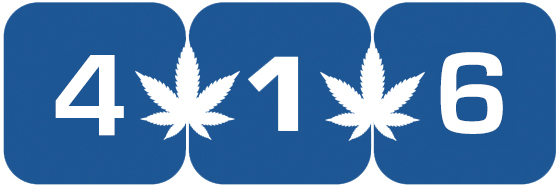Medical cannabis access continues to grow across the United States. However access remains a problem for patients traveling outside their home state.
Today, 33 states and Washington, D.C. have legalized medical cannabis marketplaces and/or have similar regulations in place. July 2019 numbers from the Marijuana Policy Project estimate that just under 3.1 million patients are currently registered in the American system.
The improved access has significantly lessened the number of cannabis refugees, or those forced to uproot their lives in search of legal medical cannabis. That is until they have to cross state lines. There, access can, once again, become uncertain.
If you are visiting one of the 11 legal adult-use states, this shouldn’t be a concern. There, adults can legally purchase cannabis without a medical card. However, that outcome is not certain in every medical cannabis state. Often, if you don’t have a card for the state you’re in, you may be out of luck getting medical cannabis.
This discrepancy is concerning. Some states and the country’s capital have taken up the issue. Over the years, these states have enacted reciprocity laws. Reciprocity is a law which allows people with qualifying conditions to get their medical cannabis from a participating dispensary when in certain states.
However, rules tend to vary. Some states aren’t included in other state programs. In other cases, dispensaries in states with reciprocity can opt-out of the law. The inconsistent rules frame reciprocity as a worthy step forward that fails to provide access to all in need.
As such, travel for work and pleasure is a daunting task for patients around the globe. Their predicament applies to both citizens traveling within the U.S. and those visiting from other countries. As such, some patients factor cannabis access and reciprocity laws into their journeys.
Author: Andrew Ward / High Times






